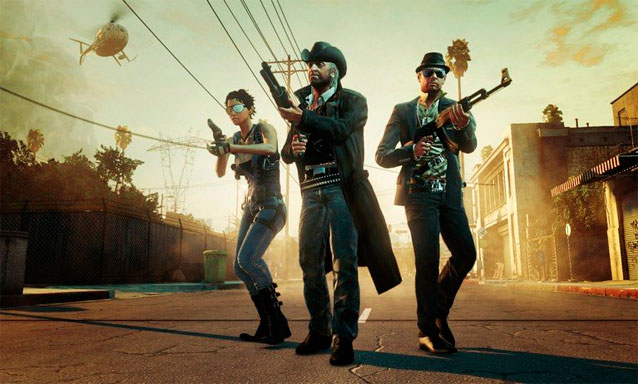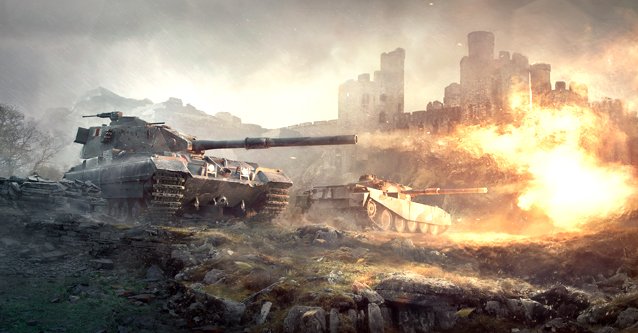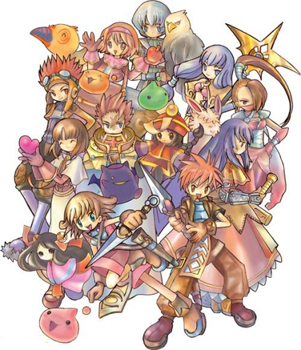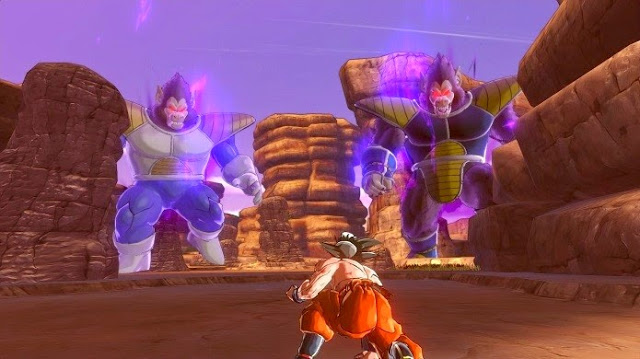

We previously listed 10 video games that have changed the world. Or, at the very least, changed the world of gaming as we know it. Which to hardcore gamers is the same thing.
These titles can legitimately be classed as game-changers. Which is a rather apt description given the subject matter. The problem is that a list of 10 video games just wasn’t enough.
The original article, which you can, and should, read before this one, garnered dozens of comments, many of which included suggestions for other video games that should be named as key to the evolution of gaming.
And so here we are again, with 10 more video games that changed the world.
Pac-Man is one of the most famous arcade games of all time, setting the tone for the 1980s, creating a new genre, and crossing over into popular culture more successfully than any other game released prior to this classic.
Pac-Man had an incredible longevity, racking up $2.5 billion in spent quarters, and it remains popular today thanks to online variants. The character of Pac-Man is so iconic that even non-gamers will likely recognize him, which is quite a claim to fame.
Elite is a game that not everyone reading this will have played, either at the time of release or in the 30 years since. But that doesn’t lessen the impact this computer game had on the industry.
It created the space trading genre that still exists today, and was innovative in terms of featuring open-ended gameplay and 3D graphics. There have been several sequels, but none has captured the essence that made the original Elite a true classic.
Populous is widely regarded as being the first god game ever created, being the genesis of a genre that has evolved ever since. This was the game that set the rules and tone to which all other god games have adhered to.
It should come as no surprise to game enthusiasts that Populous was created by Peter Molyneux, who went onto create Dungeon Keeper, Black and White, and the Fable series. This was the game that started it all.
Mortal Kombat was far from being the first fighting game, but it did something for the genre no previous game had managed. The level of gore, especially in regard to the finishing moves, ensured Mortal Kombat a place in the history books.
There were controversial games released prior to Mortal Kombat, but none that seeped into the consciousness of the general population in such an obtuse way. Mortal Kombat was one of a number of games banned in various countries, and even now some of the content is rather unsettling to watch.
While StarCraft didn’t invent the real-time strategy genre, it became the standard bearer by raising the bar compared to everything that had gone before. This is a game that’s almost universally loved, and which has sold many millions of copies on PC.
StarCraft is also important for what it did for the image of professional gaming and gaming as a spectator sport. But the real source of its inclusion in this list is the compelling storyline which was a revelation for the RTS genre.
The Legend Of Zelda: Ocarina Of Time is an unmissable game, and in 1998 was a truly unforgettable experience. It was so well received that it’s often cited as the highest-rated game ever released (beaten in some lists by Super Mario Galaxy).
It didn’t kickstart a genre or introduce much in the way of innovation, but the storyline, gameplay, and atmosphere were all second to none. It has become the standard-bearer for adventure RPGs, and is still eminently playable today.
Counter-Strike started life as a mod of another game called Half-Life. Two Half-Life players created Counter-Strike, and a community of dedicated players quickly formed around it. Counter-Strike was such a successful mod that Valve, the developer of Half-Life, eventually bought the rights.
Counter-Strike is an important title for a number of reasons. Firstly, its transition from being a mod to a fully fledged series. Second, its popularization of many team-based FPS standards. Third, the part it played in turning competitive gaming into a professional sport.
By the time of the release of the original The Sims game in 2000 there had already been plenty of other simulation games. This included the magnificent SimCity by the same company. But The Sims was the end goal, putting gamers in charge of people living their lives.
The Sims deserves its place on this list for several reasons. For starters, it’s the second best-selling PC game of all time, only beaten out by The Sims 2. Then there are the many expansion packs, sequels, and spin-offs, which ensure The Sims is a game with a long legacy.
The first two Grand Theft Auto games were presented in 2D and played from a top-down perspective. They were great games, but we needed Grand Theft Auto III to arrive before this series was revealed to be a legend that would continue to deliver for years into the future.
The main reason Grand Theft Auto III is so important is its open-ended, open-world gameplay elements. These have become standard in many games released since, across all genres. As the recent GTA V proved, the Grand Theft Auto series is still the one to beat in terms of sandbox games.
Wii Sports is the game that truly kickstarted the motion control phenomenon. It showed off the potential of the Wii when there was still considerable doubt as to whether the Nintendo console was going to succeed or fail.
Thanks to being shipped with every Wii console sold this is the best-selling video game of all time. Which means that millions of people, whether gamers or not, have played Wii Sports at least once, which is an incredible achievement.
With this set of titles added to the previous list we now know all about 20 video games that have changed the world, and we should, in all honesty, probably stop there.
However, it’s entirely possible that there is a game missing that you feel should have been included. In which case, feel free to leave a comment below telling us the name of the title and explaining why you think it deserves some credit.
Image Credit: Emma.Kate




 8 Stunning Cyberpunk Costume Ideas with LEDs
8 Stunning Cyberpunk Costume Ideas with LEDs Dragon Ball Xenoverse: Recruit Allies for a Team
Dragon Ball Xenoverse: Recruit Allies for a Team WWE 2K15 (PS4) All Unlockable Wrestlers (Roster)
WWE 2K15 (PS4) All Unlockable Wrestlers (Roster) Below Wiki – Everything you need to know about the game .
Below Wiki – Everything you need to know about the game . The origin of achievements in video games [PIC]
The origin of achievements in video games [PIC]